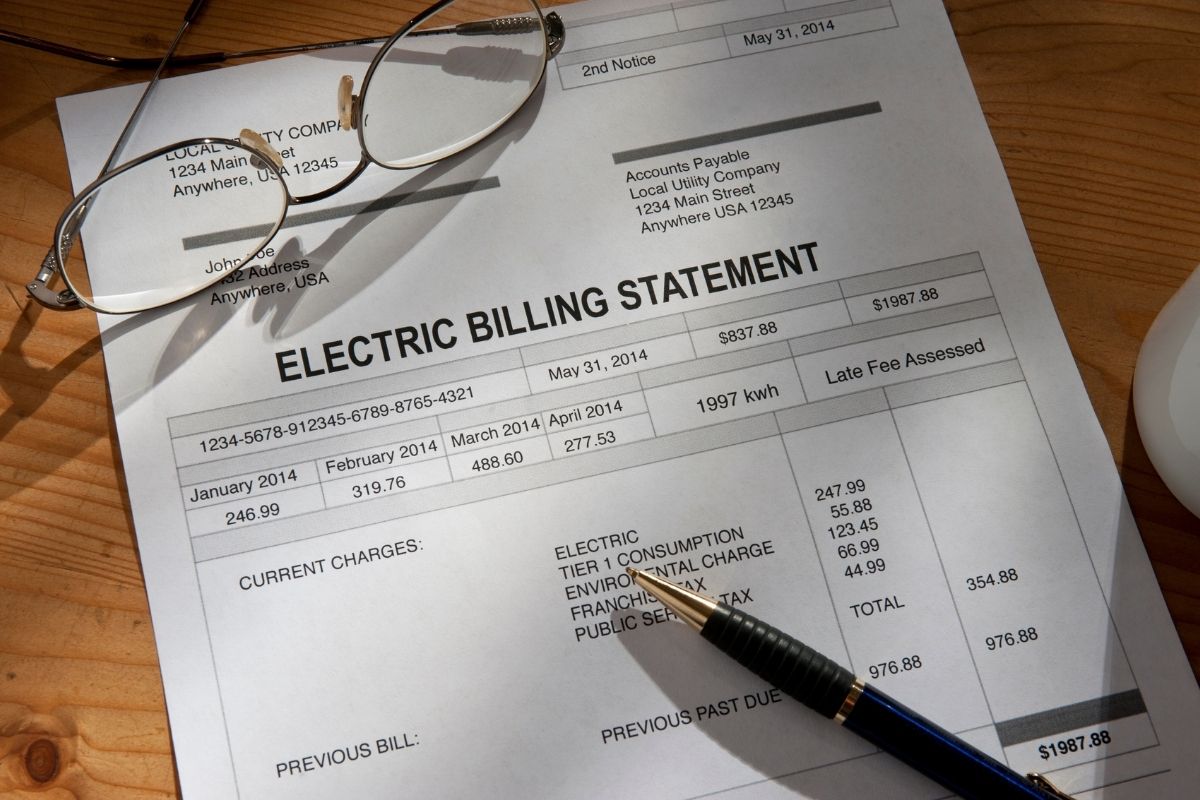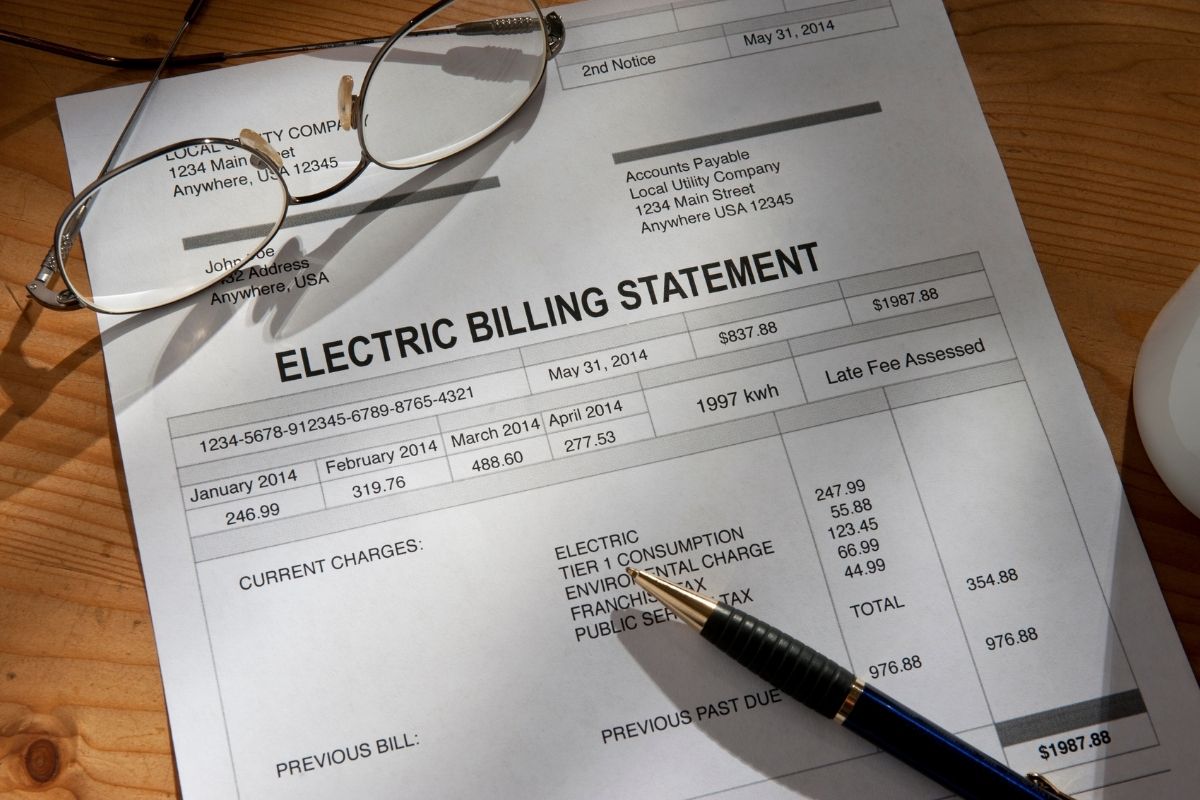Budget billing can potentially be a great way to save money on utilities. It allows customers to pay their utility bills at once instead of paying them over time.

The problem is that some utilities don’t offer budget billing. If you want to switch to budget billing, you’ll need to contact your utility company directly.
Utilities such as electricity, gas, water, and cable TV are essential services that every household needs. They provide us with basic necessities like heat, light, and power.
These services are provided through a network of local distribution companies, who then sell these services to consumers.
While budget billing is a good idea, it isn’t always possible. Some don’t allow budget billing because they charge higher rates during peak hours.
This means that customers would have to pay more for energy usage during those times.
What Exactly Is Budget Billing?
Budget Billing is essentially a fixed monthly payment that you make for your utility bill, regardless of what it is.
For example, your electricity or gas provider might look at your annual utility bill from the previous year, and then use that as a way to predict how much power usage you will be likely to use this coming year.
They will add an extra percentage to this number to account for inflation, and then divide the whole number by 12 months. The number you’re given is what you’ll be paying each month to cover your bills.
It may sound like a great idea, and there are certainly a number of big benefits for having budget billing in place for your various outgoing bills and services.
Many utility services now offer the option of budget billing, though not everyone is able to use it- there can be a few caveats such as your personal financial history or what your previous usage has been in the past.
There are certainly a lot of advantages to be had if you have the option of going with budget billing for your utilities and bills.
However, there are also a number of drawbacks, so it’s important to have a good knowledge of what you’re signing up for and whether it’s the right course of action for you.
Pros Of Budget Billing
- Fixed price- as the name suggests, having a budget billing system in place means that you will be consistently paying the same amount every month, meaning you won’t have any surprise bills if your usage goes up or down over the seasons.
This can be really useful if you struggle to budget your utility bills, especially when you are unsure what the amount you’ll need will be. With a fixed price, it may be easier for you to include these bills into your monthly budgeted amount.
- No seasonal increases- winter can be especially hard when you are living on a tight budget, but by spreading out your yearly winter costs for things like heating, you won’t be hit with any nasty bills when money is tightest.
With big events like New Year and Christmas, money is always tightest in December and January- it can be a real relief to not have to pay extra heating costs at this time of the year.
- Saving money- by spreading the cost of your utility bills, you could potentially save money over the long term.
Cons Of Budget Billing

- End of year bill- if you do not stay within your estimated usage (the usage calculated for the previous year), you can be stung with a big bill at the end of your contract.
This can be really high if you are unaware of your monthly usage and often go over your predicted amount.
- Check your company’s policy- some companies will not refund you if you use less than your allotted predicted amount, and if you are often using less than your predicted amount, then you can be losing a lot of money even if you are being thrifty with your energy or water usage.
This situation really stings, so if there’s a chance of this happening to you, then it’s probably best to stick to standard utility billing.
- Pay attention to your usage- it can be easy to not look at how much you are using when you have a fixed bill at the end of the month. This can lead to you using way more energy than you realize if you don’t keep a close eye on your regular energy usage.
Other Things To Consider
- Extra Fees- you can get stung with unnecessary administration fees. Many companies will charge you a fee for setting up a budget billing scheme, and you can also get a monthly admin fee included in your bill.
Be sure to find out what your company’s policies are before signing up to make sure it is still worth your while.
- Refund policy- it’s really important to check if you will get a refund if you are using less than your predicted energy usage. This means, if you go away for a while or you are using less energy, you are not just paying for something that you didn’t use.
Check with your company as each one has different rules regarding this. In our opinion, it is not worth going on budget billing if they do not refund you for what you have not used.
- Do your research- some companies have good policies, but others do not.
By doing your research you can figure out if budget billing is the right thing for your household.
- Peace of mind- sometimes, even if you are over the long term paying perhaps a tiny bit more, balance out whether or not this is worth the peace of mind of knowing that you will always be aware how much your bills are. This can be really useful when trying to budget.
How Do I Find Cheap Electricity Rates?
There are many ways to find cheap electricity rates. You can shop around for different providers, check out special deals offered by electric cooperatives, and compare prices online.
Each option has its own advantages and disadvantages.
Final Thoughts
Our main takeaway is that budget billing can be great for tracking your long-term spending and planning your monthly budget.
If you end up using more air conditioning in the hot summers, or you crank up the heat in the cold winter, you can avoid seasonal changes with fixed monthly installments and budget billing plans.
Make sure, however, that you are paying close attention to your actual utility costs and usage, so you can avoid any horrible balloon payments.
Before you sign up, be sure to contact your utility customer service and get a full breakdown of any extra cost involved.
Financial Disclaimer
This post contains sponsored advertising content. This content is for informational purposes only and not intended to be investing advice.
The investing information provided on this page is for educational purposes only. compundingstacks.com does not offer advisory or brokerage services, nor does it recommend or advise investors to buy or sell particular stocks or securities.
The owner(s) of this blog is compensated to provide opinion on products, services, websites, and other topics. The owner(s) may be compensated if you click on a provided link and purchase or sign up for a service. Any product claim or advice about a product or service should be verified with the manufacturer, provider, or party in question. Copyright Compounding Stacks © 2022
- Is Coinbase Safe For Beginners? - March 25, 2022
- Are Penny Stocks Good For Beginners? - March 25, 2022
- Why You Shouldn’t Save Your Money In A Bank? - March 25, 2022

